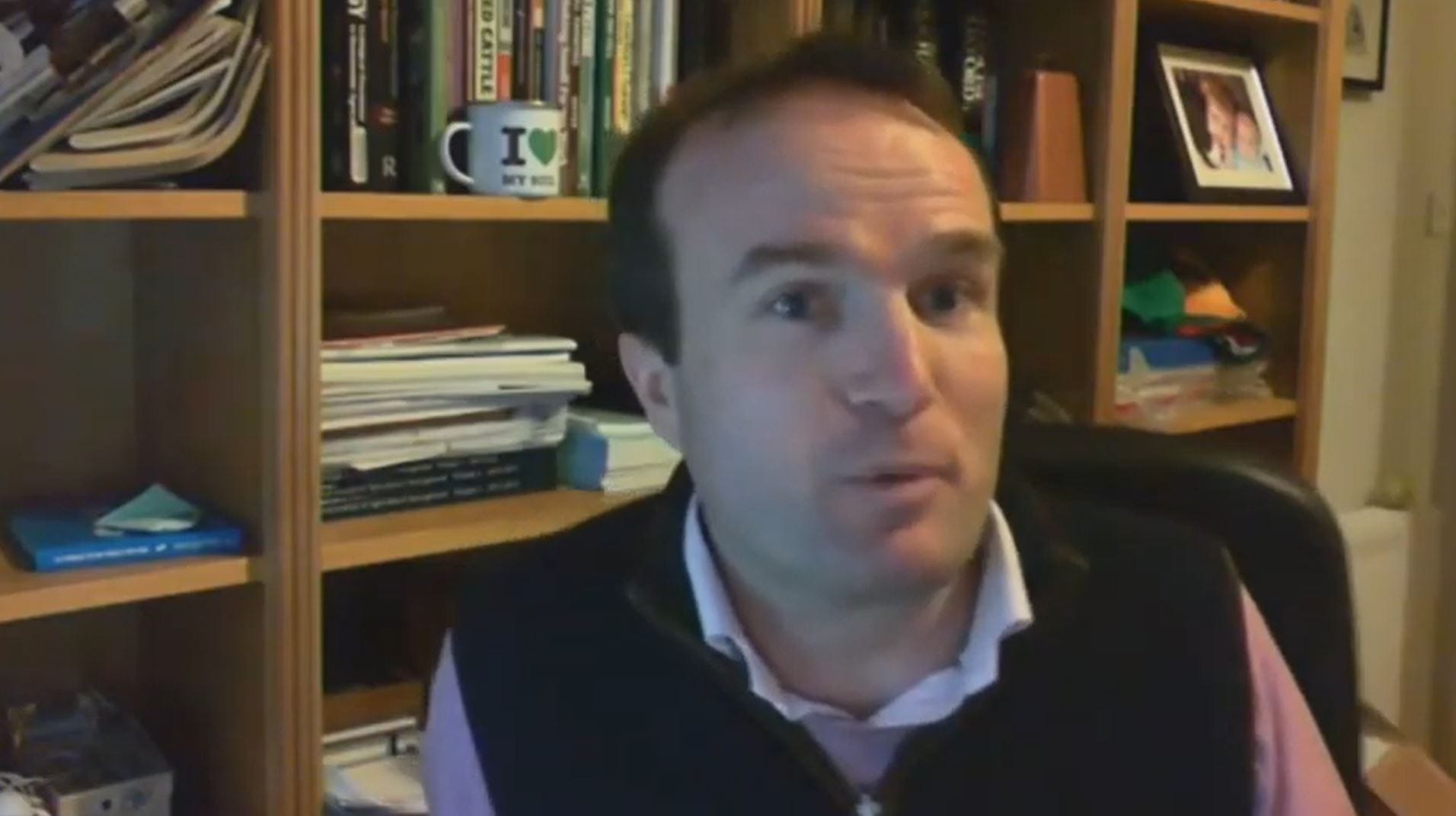One of the most relevant sessions for CHAP, was the one titled ‘A Farming Business Fit for the Future?’ organised by the Food, Farming and Countryside Commission (FFCC).
The FFCC published the ‘Our Future in the Land’ report in 2019, which overviews the need for change in the UK agriculture sector along with a number of recommendations, and released the ‘Farming Smarter’ report in Nov 2020, which specifically covers agroecological agriculture. The FFCC’s latest report Farming for Change was launched on 7th January.
This session explored and unpacked some of the principles and practices outlined in these reports. Liz Bowles from the Soil Association (also a sheep farmer), and Sue Pritchard from FFCC (also an organic farmer), spoke first about the support each of their organisations are providing for farmers wishing to transition to agroecology farming methods. They also highlighted the importance of building a viable business model for any change to farming practices undertaken, and the need for the CAP replacement ELMs scheme to truly support transition to more environmental sustainable methods.
Case studies of current practitioners were then presented by three entrepreneur farmers, Johnnie Balfour (pictured), George Young and Nikki Yoxall. All three shared their experiences of developing sustainable and resilient business model that meet future requirements, were fascinating and inspiring.
Each had different reasons for transitioning to agroecological practises, but found similar challenges along the way. The biggest challenge of implementing an agroecological agriculture system on a farm was identified to be the mindset of the staff, and it should always be a slow process to bring them round with no sudden changes.
All three explained how they had reduced their agrochemical inputs to near zero, were practicing agroecological methods in line with their farm types, and had diversified both what they farmed and the products they could sell at the farm gate. They found that by transitioning, they had ended up with more viable farm businesses, with larger profit margins being realised alongside the environmental benefits such as increased biodiversity and soil health.
Roland Bonney, co-founder of FAI Farms and Benchmark Holdings, summed up the meeting by reminding everyone that farming is at crossroads with some big decisions to make. He said that agroecology was a viable, profit-driven business solution but needed to be deployed in different ways to suit different locations and climates. The sector will need the investment to support the change but also will require a change in diets, supply chains and retail structures for it to be effective.
If you are interested in learning about how innovations in agri-tech technology are revolutionising agriculture, read our latest article for our Focus on Data Diagnostics: The Rise of the Digital Farm, by Keith Norman.
If you have any questions about working with CHAP, please send us an email using the enquiries form at the bottom of our homepage.












